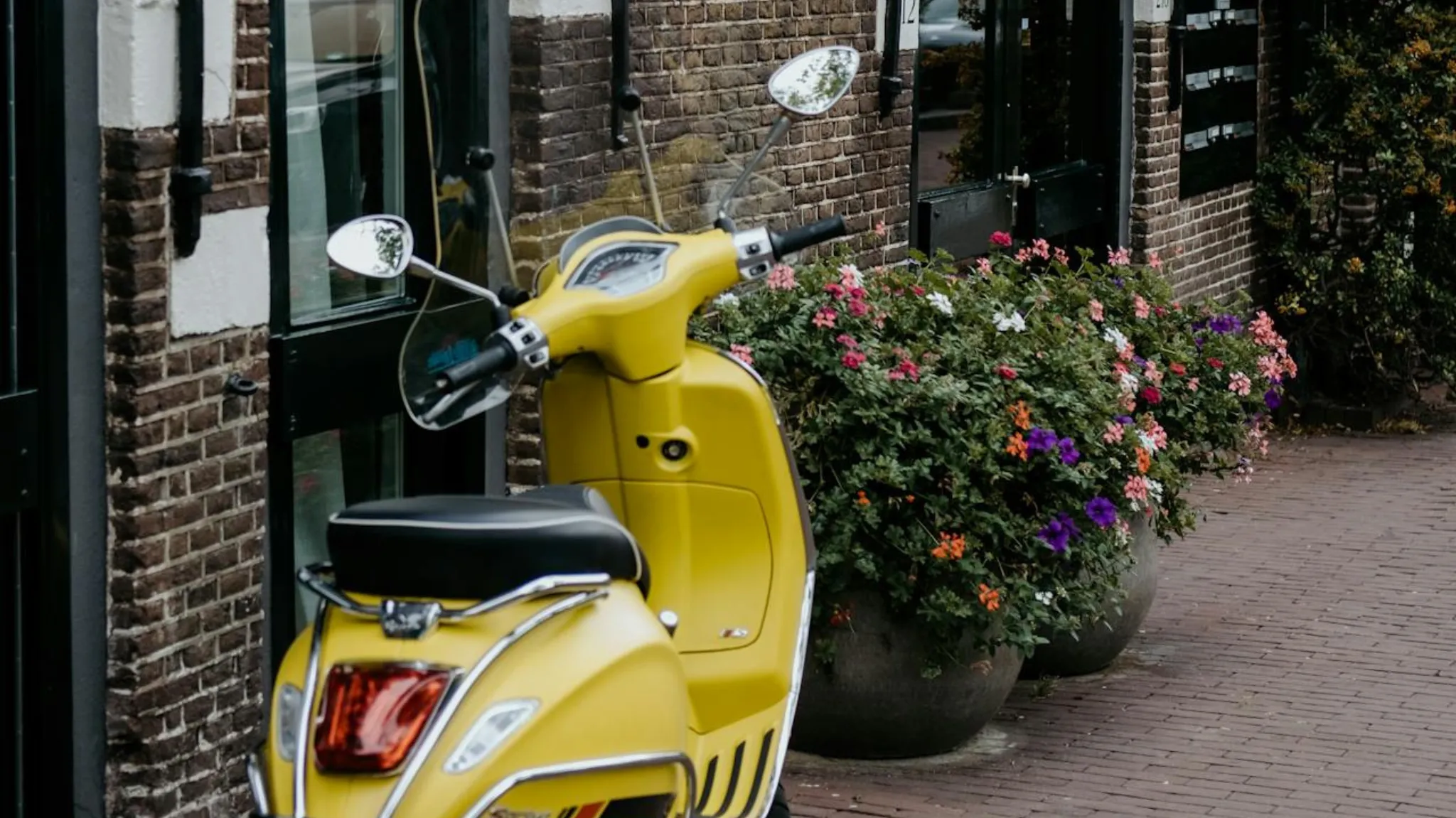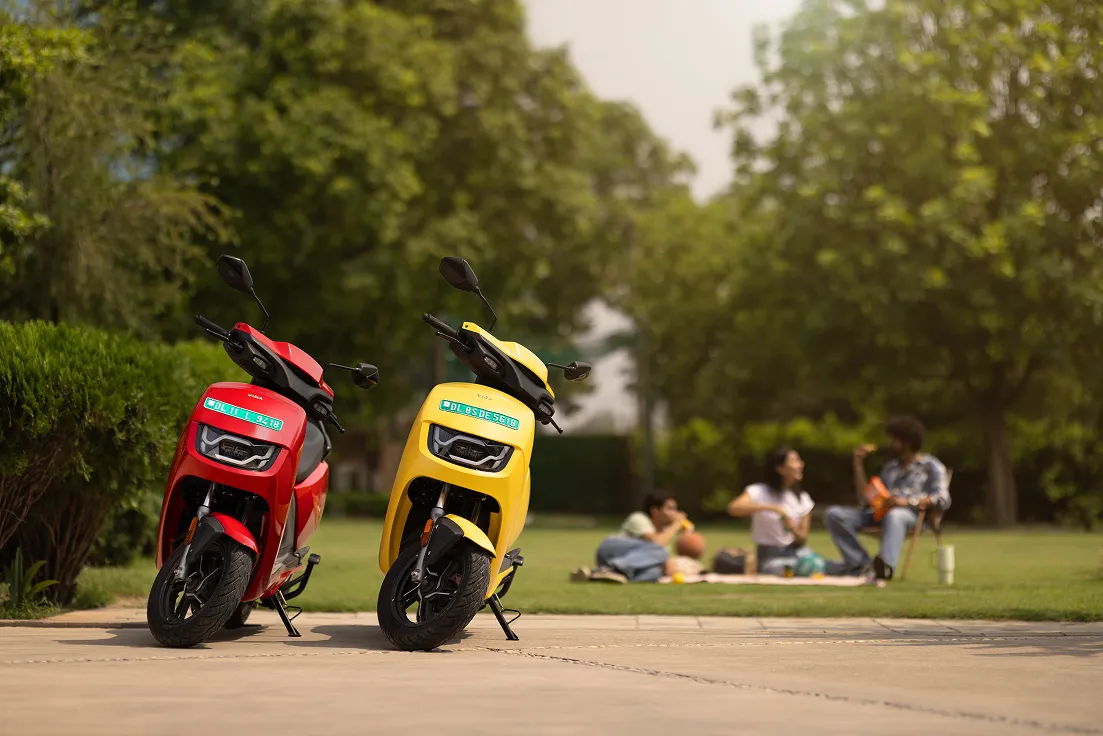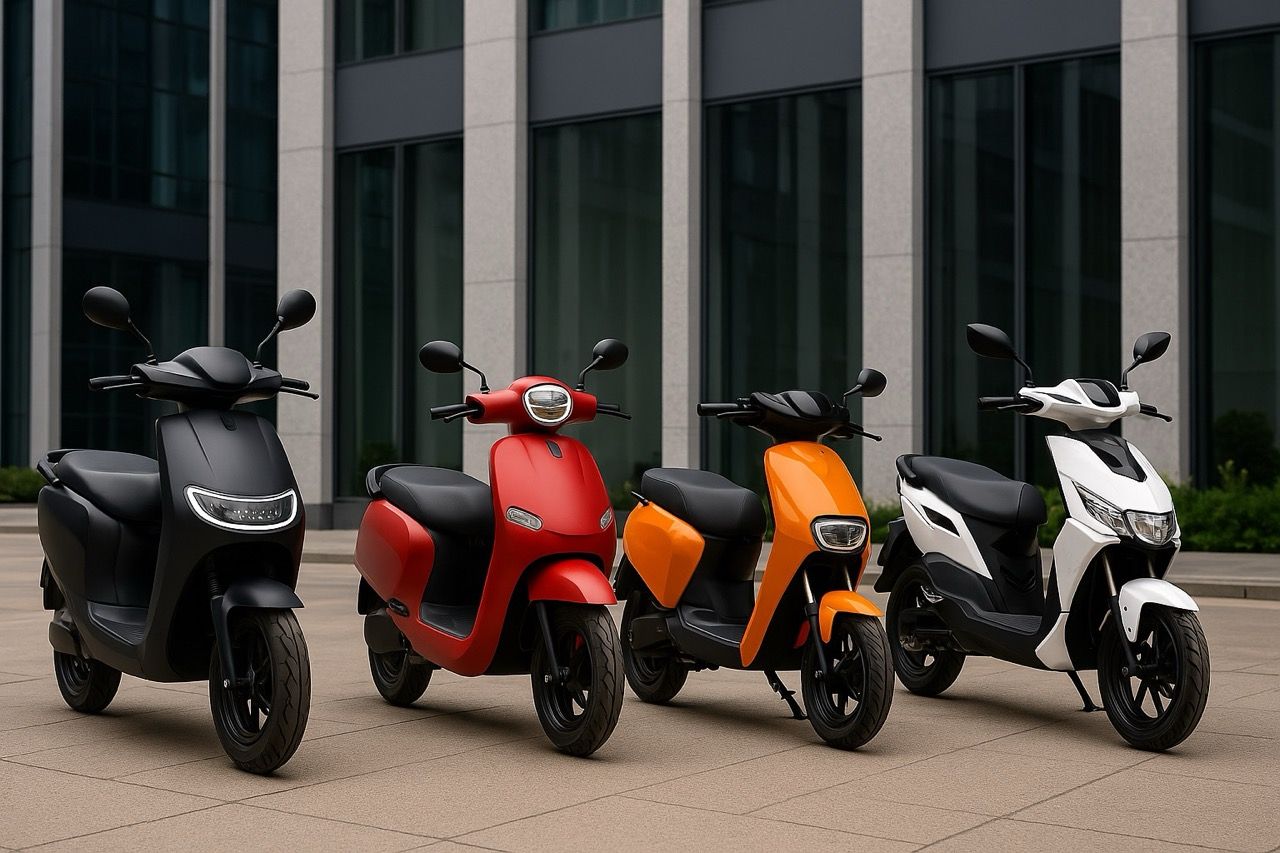Quick Highlights:
- Chandigarh Rolls Out EV Two-Wheeler Subsidy Scheme for Women, Delhi Extends Policy Until 2026.
- Financial incentive of ₹12,500 per kWh, capped at ₹37,500 per electric two-wheeler, exclusively for women buyers.
- Delhi has extended its EV policy until March 31, 2026, ensuring policy continuity after its earlier lapse in 2023.
- Chandigarh prioritizes women-centric EV subsidies and Delhi pursuing policy longevity and aggressive reforms.
Chandigarh Rolls Out EV Two-Wheeler Subsidy Scheme for Women, Delhi Extends Policy Until 2026
In a significant move to boost electric vehicle (EV) adoption, the Chandigarh Government has introduced an exclusive EV two-wheeler subsidy scheme for women, aiming to accelerate green mobility and achieve its 18% EV penetration target by 2025-26. The announcement came during the fourth review meeting of the Union Territory’s EV Policy, underscoring the administration’s commitment to inclusive and sustainable urban transport.

Chandigarh EV Policy 2025: Special Focus on Women
The Chandigarh administration has proposed a financial incentive of ₹12,500 per kWh, capped at ₹37,500 per electric two-wheeler, exclusively for women buyers. This move positions Chandigarh as one of the few regions in India actively promoting gender-inclusive EV adoption.
Other proposed revisions in Chandigarh’s EV policy include:
- Doubling the base EV subsidy for electric two-wheelers from ₹5,000/kWh to ₹10,000/kWh, with a maximum cap of ₹30,000.
- Up to ₹5,000 first-year insurance subsidy to further reduce cost of ownership.
- Subsidy increase from ₹4,000 to ₹6,000 for electric two-wheelers under a 25% cost subsidy scheme.
- Proposal to increase the subsidized four-wheeler cap from 2,000 to 3,500 units.
- Plans to upgrade EV charging infrastructure with renewable energy-powered hubs to address range anxiety and support sustainable charging.

Benefits for Citizens: Cost Savings and Sustainable Commute
These enhanced incentives aim to lower the upfront cost of EVs, making them more accessible, especially to women. With additional insurance and cost subsidies, electric two-wheelers could become significantly more affordable than their internal combustion engine (ICE) counterparts. Moreover, Chandigarh’s focus on renewable-based charging stations adds long-term environmental value and addresses key consumer concerns.
Delhi Extends EV Policy Until 2026: A Green Vision in Progress
In parallel, Delhi has extended its EV policy until March 31, 2026, ensuring policy continuity after its earlier lapse in 2023. Originally launched in 2020, Delhi’s EV policy has been pivotal in accelerating electric vehicle uptake in the capital.
Key updates and proposals under Delhi’s extended EV framework include:
- Ongoing stakeholder consultations to revise the EV policy, involving public, industry experts, and environmentalists.
- Enhanced focus on EV infrastructure, including better charging networks, battery disposal mechanisms, and e-waste management systems.

Pilot proposals (awaiting approval) such as:
- Phasing out CNG auto-rickshaws by August 2025.
- Banning petrol, diesel, and CNG two-wheelers post August 2026.
- Continuing subsidies for EVs priced under ₹25 lakh to maintain affordability.
Policy Direction: Ambitious Yet Challenging
While Delhi’s roadmap signals a bold transition toward a fossil fuel-free transport ecosystem, the delay in approvals for key reforms reflects the challenges in balancing ambition with execution.
Both Chandigarh and Delhi are ramping up efforts to transition toward electric mobility, with Chandigarh prioritizing women-centric EV subsidies and Delhi pursuing policy longevity and aggressive reforms. As urban centers across India look to cut emissions and reduce reliance on fossil fuels, these regional initiatives could set benchmarks for scalable, inclusive, and sustainable EV adoption.
Also Read: July 2025 Electric Two-Wheeler Sales — Over 1 Lakh Retail Sales!


